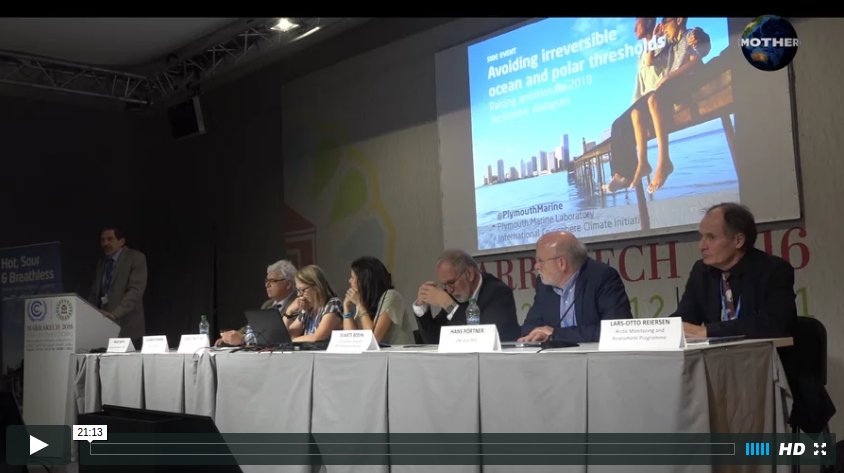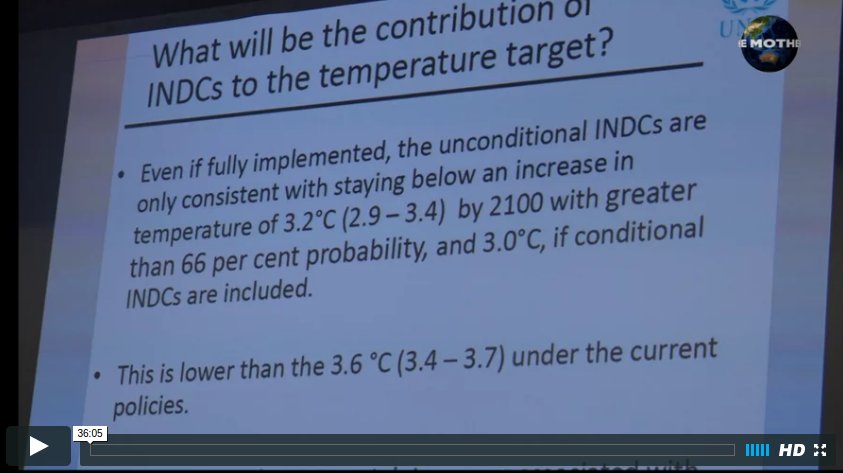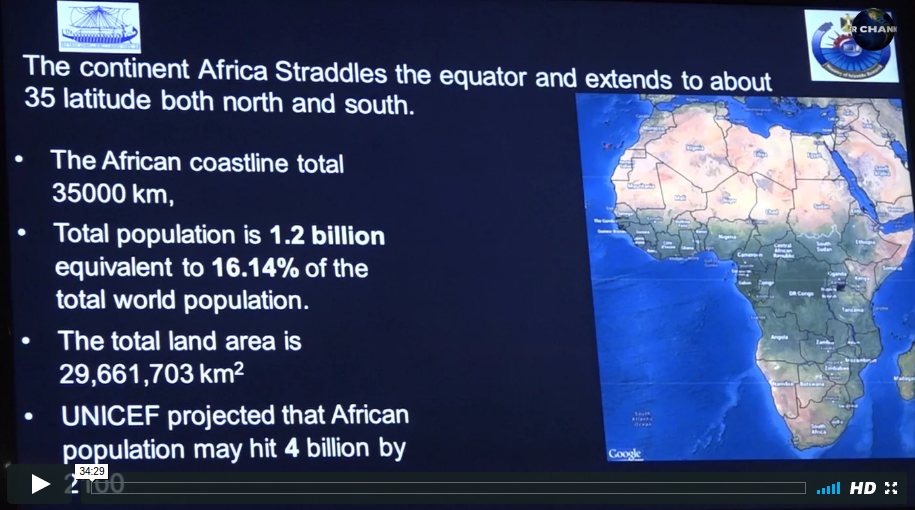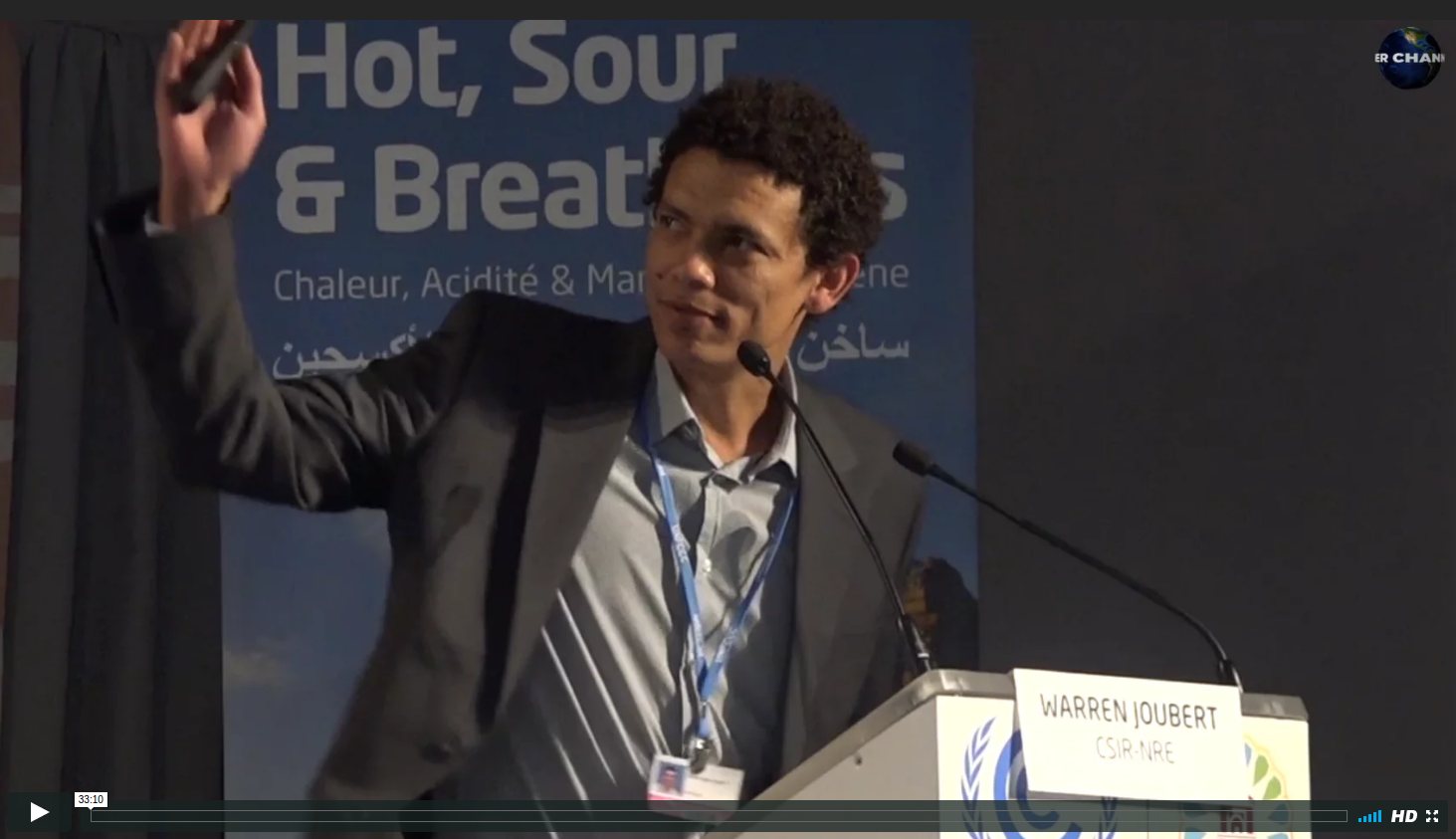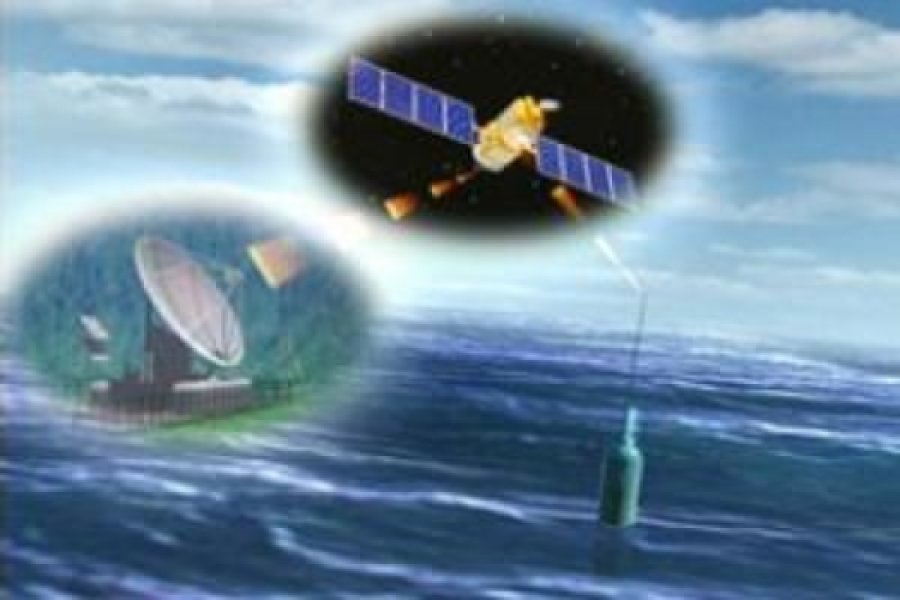- Live Stream
- Climate Change
- ENN
- Environmental Info
- Green Business
- Green Solutions
- Beautiful World
- Categories
- Articles
- Arctic & Glaciers
- Polar Regions and Glacier Reports
- Ethical Dimensions
- Global Warming
- Peatlands & Wetlands
- ENN – The Environmental News Network
- Agriculture
- Chemicals
- Conservation
- Fish Crime
- Forests
- Health
- Mountains
- Oceans
- Energy
- Money
- Green or Gone
- Nutrition
- Permaculture
- Various Solutions
- Powerful
- Watch This
- Water
- Breaking News
- Series ENN
HomeEnvironmental InfoOceansOceans Around Africa ~ Risk Reduction and Vulnerable Ecosystems (Part 1)
Oceans Around Africa ~ Risk Reduction and Vulnerable Ecosystems (Part 1)
In this panel presentation, speakers present on the Effects of Climate Change on Oceans focusing in particular on Africa in the global context, also in conjunction with the IPCC-AR5 Report at COP 22, Marrakech. Prof. Dr Hans-Otto Pörtner of Alfred Wegener Institute, Bremerhaven (AWI), Ocean biologist, Climate researcher and Co‐Chair IPCC WGII – globally, there […]
CLOSE

